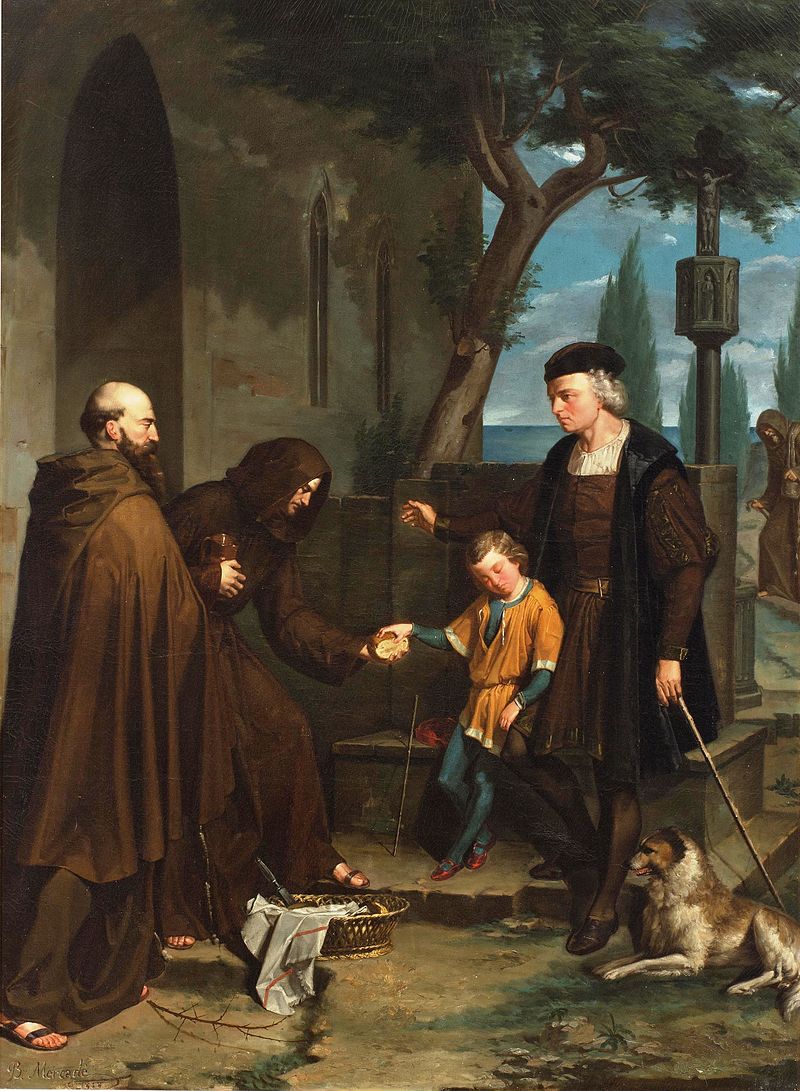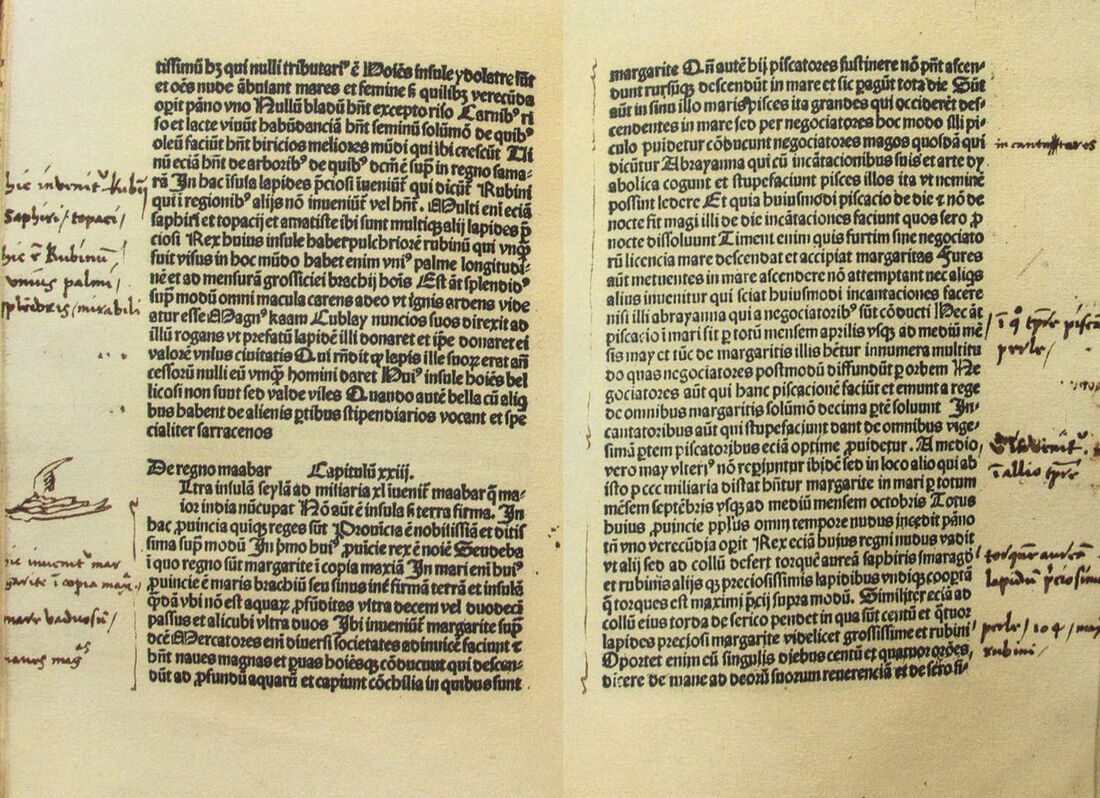CHRISTOPHER COLUMBUS' EARLY LIFE
Christopher Columbus is one of the most significant figures in all of World History and is particularly important to major world events such as the Age of Exploration and Renaissance. His four famous journeys to the New World in the late 15th century and early 16th century altered the history of the world and led to a mass migration of people from the Old World to the New World. Today, he is best remembered as a famous European navigator, explorer and colonizer.
Columbus was born on October 31st in 1451 in the Republic of Genoa. The city-state of Genoa was a major center during the Renaissance and developed along the coast of the northwestern section of the Italian peninsula next to the Ligurian Sea. Due to its location and excellent harbor, the city established a reputation as a naval power. This was due, in part, to its powerful navy and excellent navigators. As a result, the city-state had a well-established history for developing capable sailors.
The name ‘Christopher Columbus’ is the English (anglicized) version of his name. His name in Ligurian, which is the native language of northern Italy, is Cristòffa Cómbo. As well, in Spanish it is pronounced Cristóbal Colón. This is important because, while he was born in Genoa, he is most famous for the journeys he undertook on behalf of the Spanish monarchy. As such, he is closely linked with the Spanish Empire of the Age of Exploration.
As stated above, he was born in the city-state of Genoa. His father was Domenico Colombo, who worked as a wool weaver in Genoa. As well, his father operated a cheese stand, which Christopher would sometimes work at. Christopher Columbus’ mother was Susanna Fontanarossa and was born to a wealthy family on the island of Corsica. Domenico and Susanna had five children together, with Christopher being the oldest. Little is known about Christopher Columbus’ childhood, but in several of his writings, he mentioned training at sea at the age of 10. Although he was born in Genoa, the family did not stay there long as they moved to Savona in 1470, which is a city to the west of Genoa.
It was during this time he began to establish his career as a navigator. For instance, in 1473, he undertook an apprenticeship as a business agent for several prominent Genovese families, including: Centurione, Di Negro and Spinola families. This work allowed him to participate in several voyages throughout the Mediterranean Sea and area. Furthermore, he operated out of Lisbon, Portugal from 1477 to 1485. In fact, he married Filipa Moniz Perestrelo, a Portuguese noblewoman in 1479. They had a son together in 1480 names Diego Columbus. Portugal was actually the first country to make considerable journeys during the Age of Exploration, with most of the earliest voyages venturing along the western coast of Africa. As such, between 1482 and 1485, Columbus took part in the lucrative trade routes along the coast of West Africa. Historical accounts suggest that his wife, Filipa, died in 1485, while Columbus was away at sea.
After her death, Columbus moved himself and his son Diego to Castile, which is a central region of modern-day Spain. While there he met Beatriz Enríquez de Arana. The two had a son together, named Fernando Columbus, in 1488.
While Columbus was not highly educated in an academic sense, he was extremely well read and could speak several different languages. For instance, he was able to speak and write Latin, Castilian and Portuguese. As well, he read about many different topics, such as: astronomy, geography, and history. For example, he was known to have read many significant books of the time, including ‘The Travels of Marco Polo’, who led earlier voyages into Asia. This is important because Columbus was driven by his own desire to reach Asia, by a sea route, which led to his famous voyages to the New World.
CITE THIS ARTICLEAUTHOR
|
|


